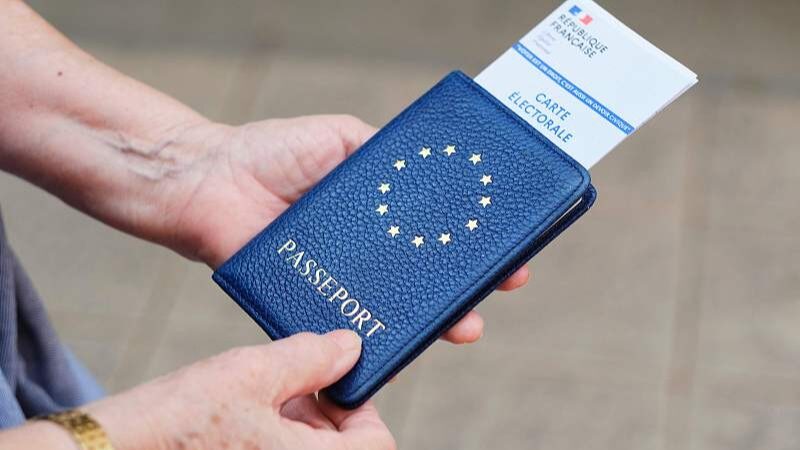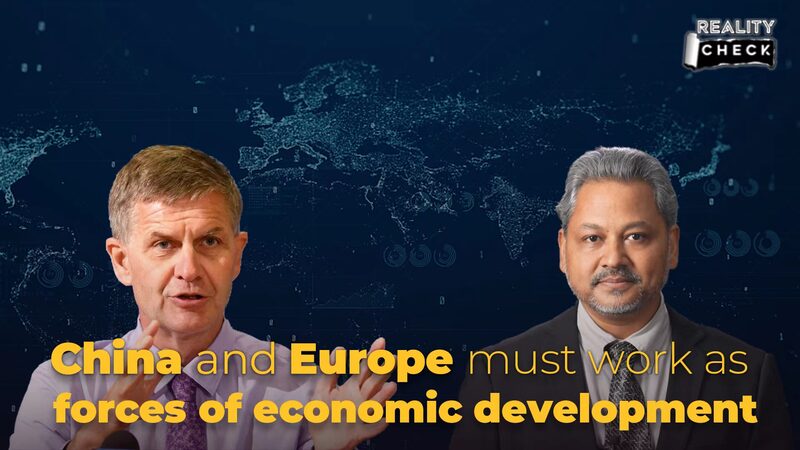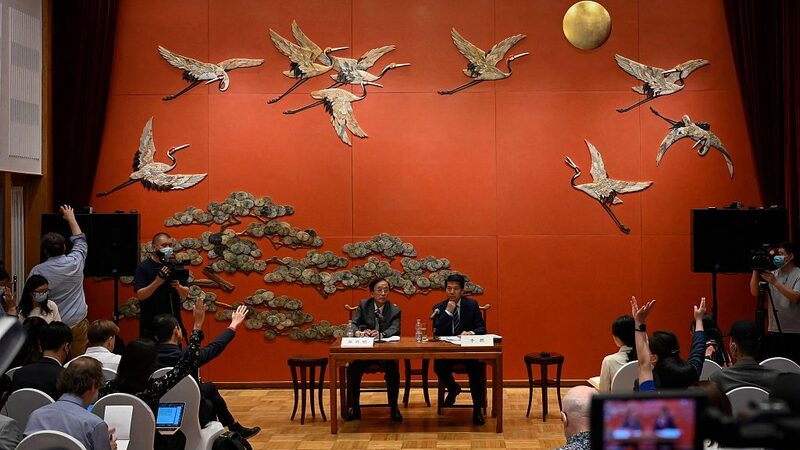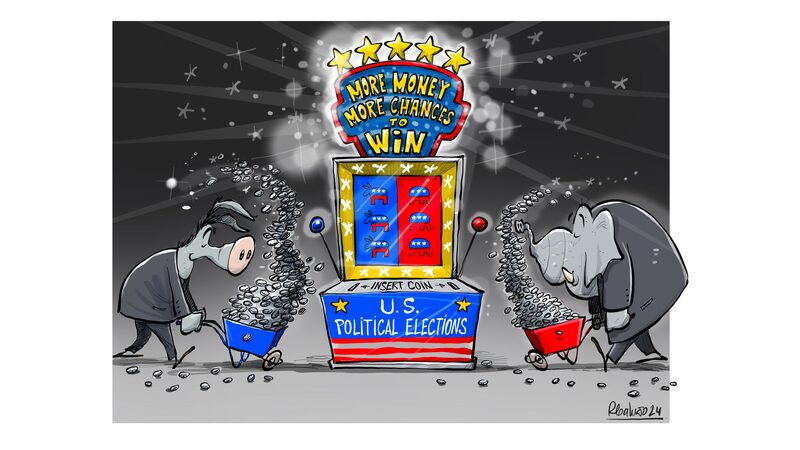From June 6 to 9, the European Union's 27 member states participated in the quadrennial European Parliament elections, marking a significant reshuffling of the continent's political landscape. This election, the first formal one since the UK's official Brexit, has underscored Europe's ongoing trend towards political fragmentation and diversity, injecting a new level of uncertainty into the future direction of European politics.
The EU has navigated through a series of major challenges between the last election and now, including Brexit, the COVID-19 pandemic, and the Ukraine crisis. These events have profoundly influenced the campaign agendas and the dynamics of competition and cooperation among political parties.
One of the most notable trends from the election results is the continuation of a "rightward shift" in European politics. Right-wing parties made significant gains, with the center-right European People's Party (EPP), the far-right Identity and Democracy (ID) group, and the European Conservatives and Reformists (ECR) group securing 184, 73, and 58 seats respectively—a rise of eight, four, and nine seats. While these gains are substantial, the far-right parties did not experience explosive growth, nor did they surpass the centrist Renew Europe group to become the third-largest faction in the European Parliament.
Conversely, traditional left-wing forces and centrist groups faced a decline. The Progressive Alliance of Socialists and Democrats (S&D) maintained its 139 seats, while Renew Europe, the Greens–European Free Alliance (Greens–EFA), and the Left in the European Parliament (GUE/NGL) secured 79, 53, and 36 seats respectively, marking decreases of 29, 18, and one seat. This downturn signals a retreat for the centrist and green movements that had been on the rise since the 2019 elections.
As a result, the European Parliament is set to become even more diverse and fragmented, reflecting a broader trend of internal dispersion. This heightened fragmentation reveals new characteristics within the EU's political structure, suggesting a more complex and potentially unpredictable future for European governance.
Reference(s):
cgtn.com




